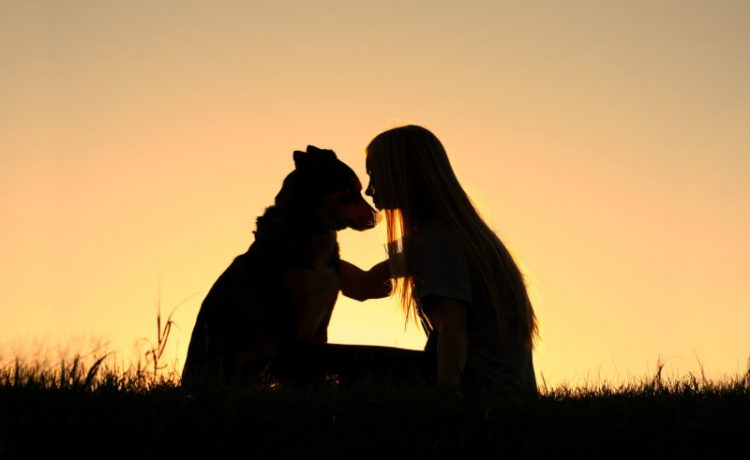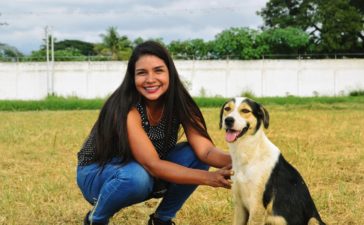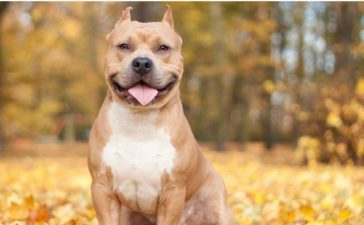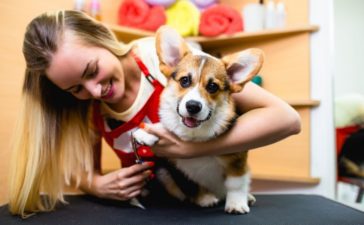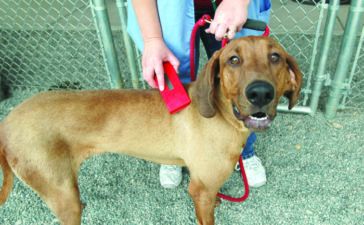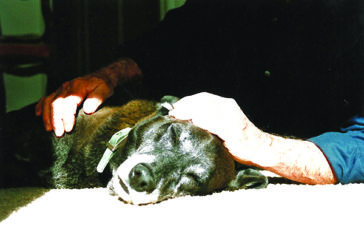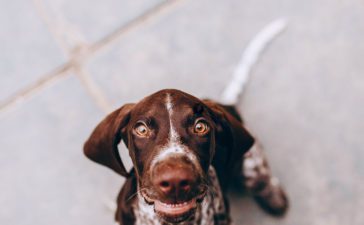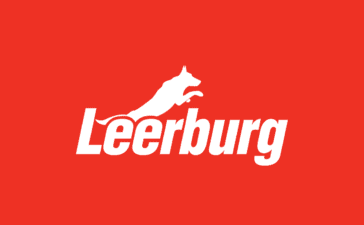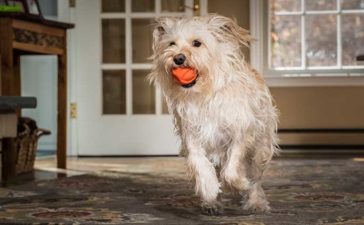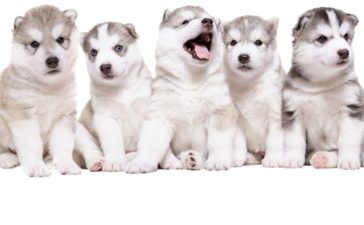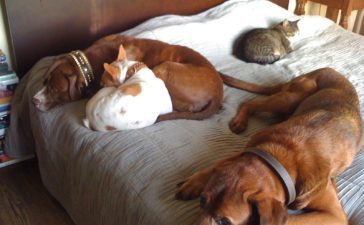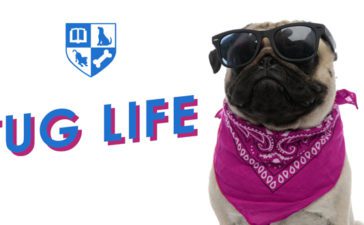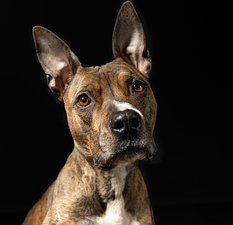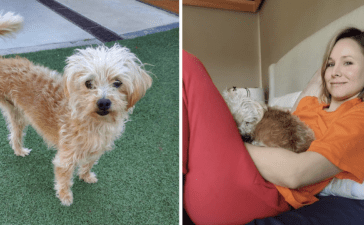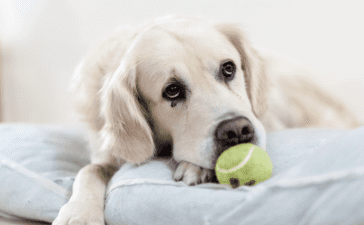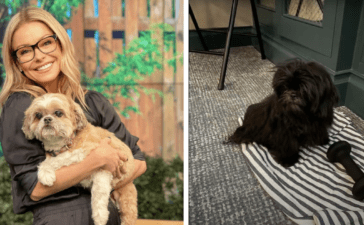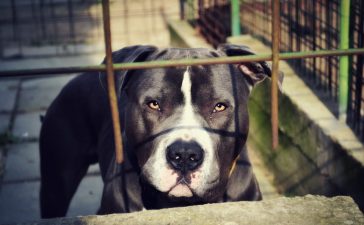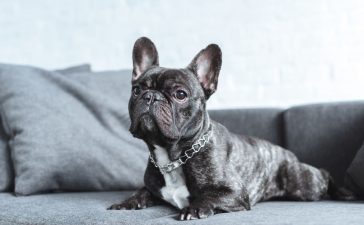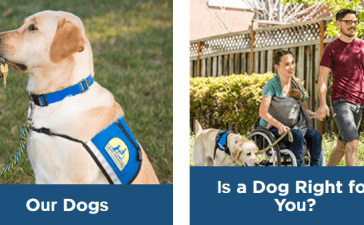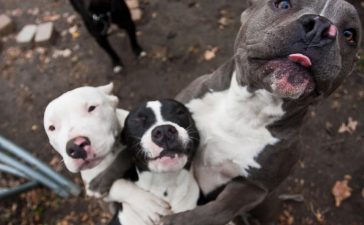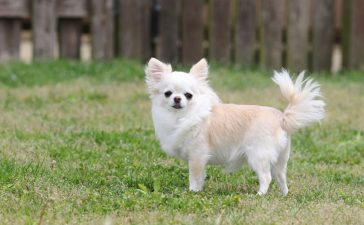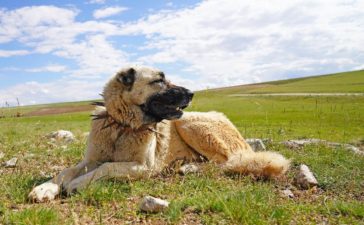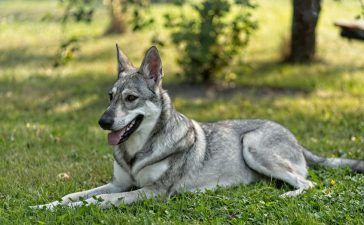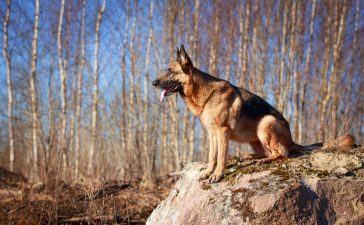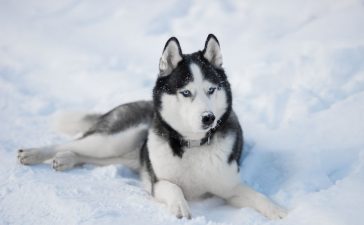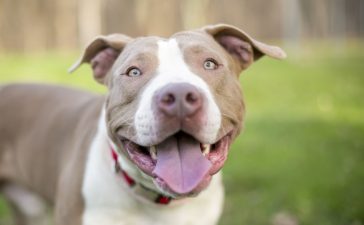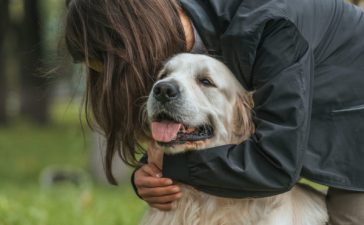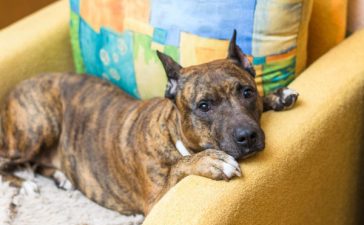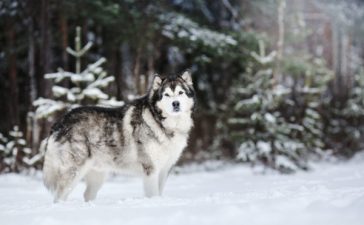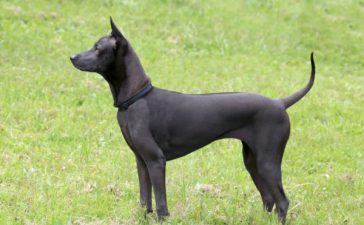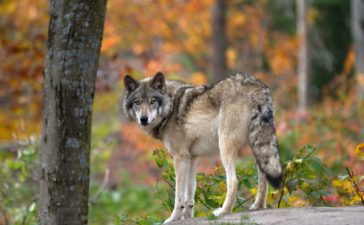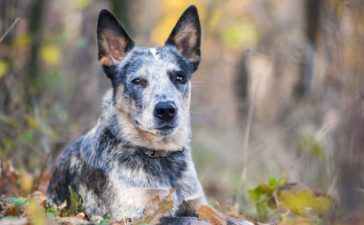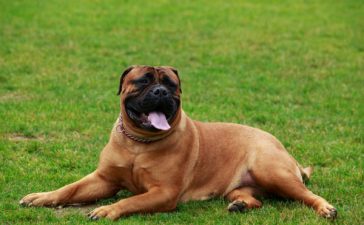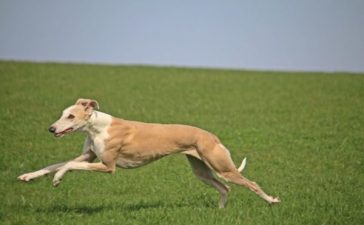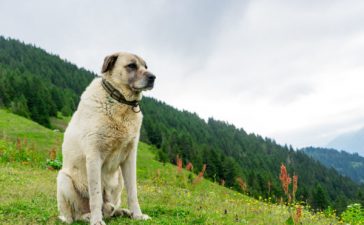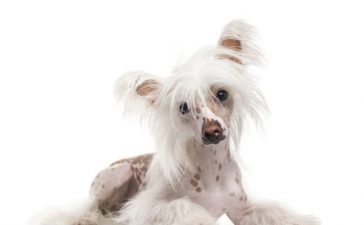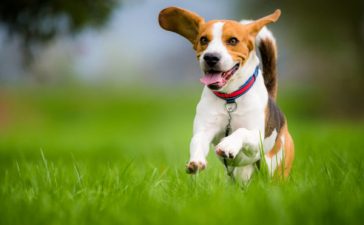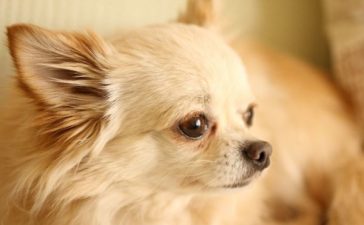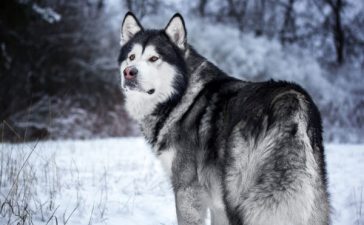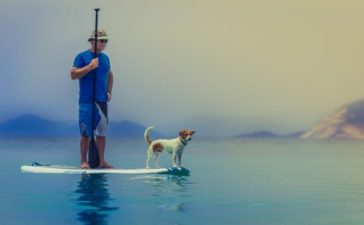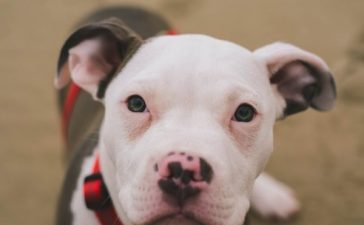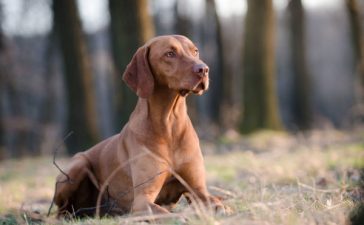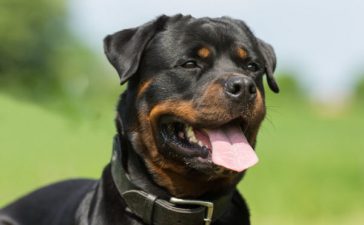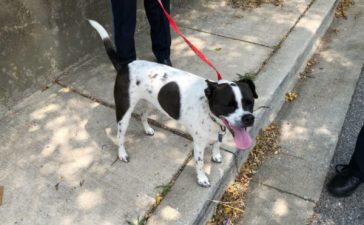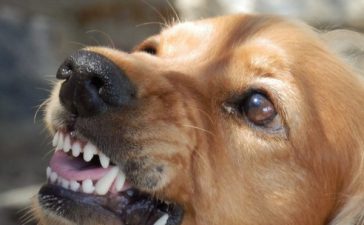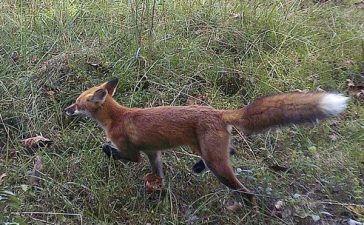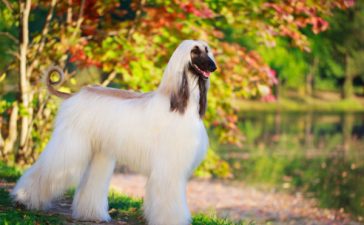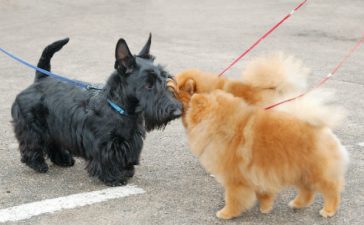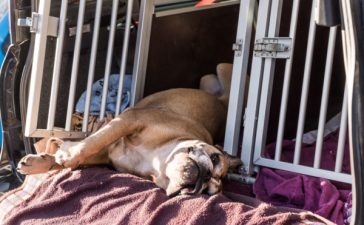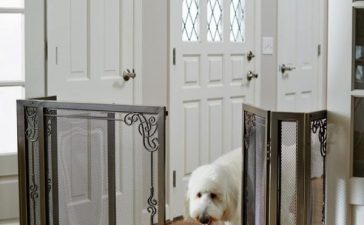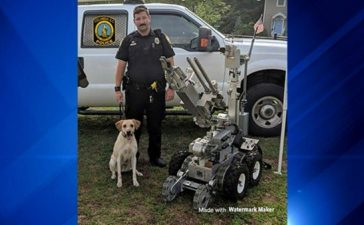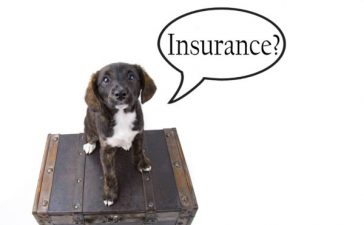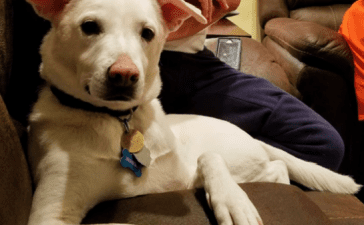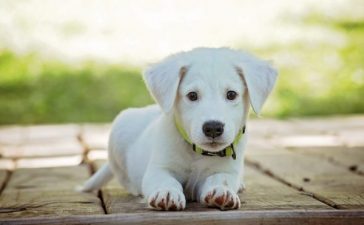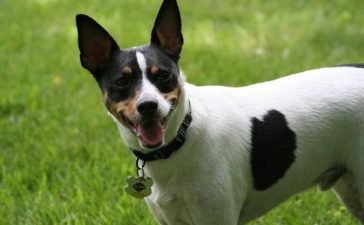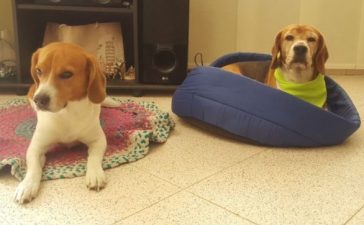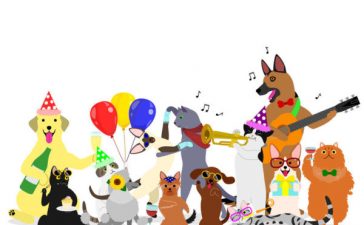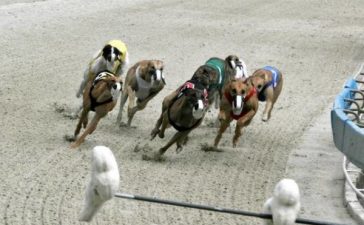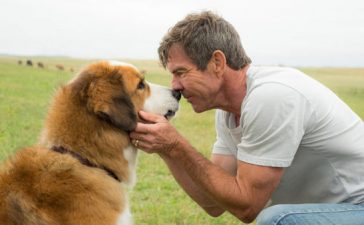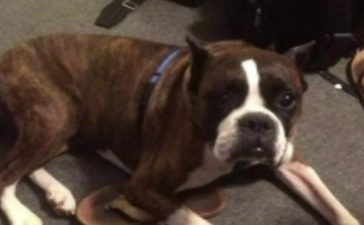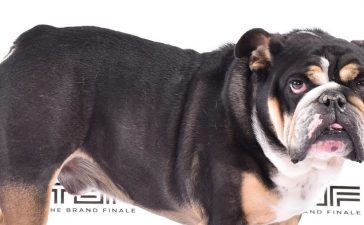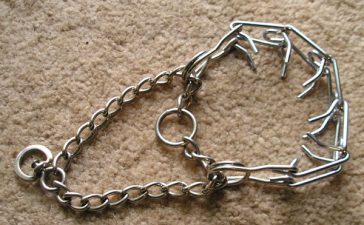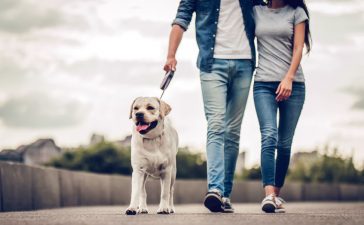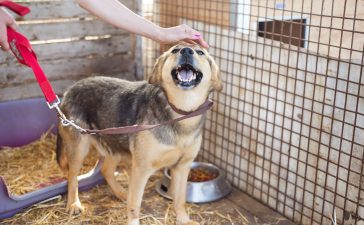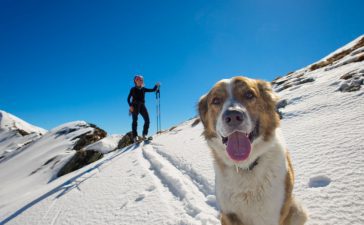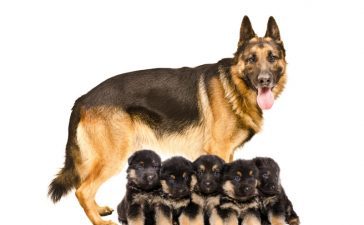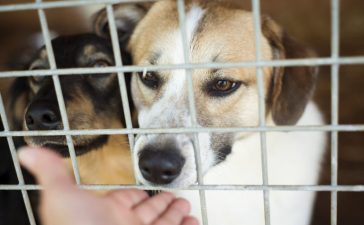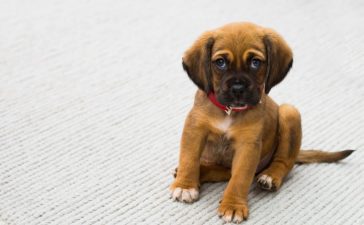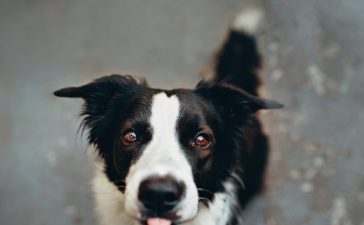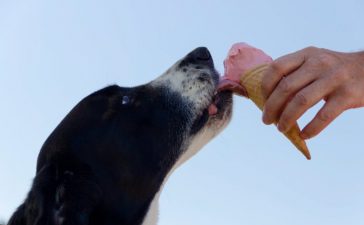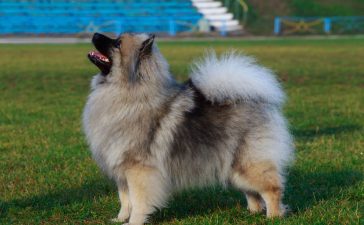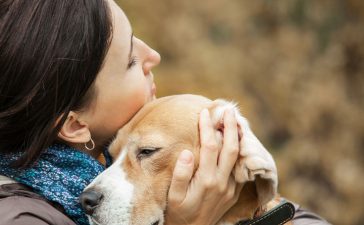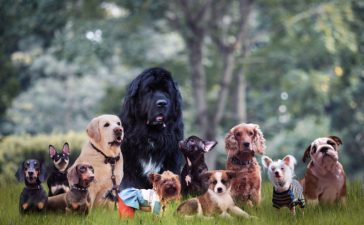Choosing a dog can be both an exciting and confusing experience. After all, you are taking full responsibility for another living being. It is therefore vital that you carefully think through why you need a dog. Understanding the different personalities will help you get a dog with a character that matches yours.
Dogs, just like humans, are all unique. There are different dog personalities, and they will react to different situations uniquely. The different dog personality types are usually a result of selective breeding by human beings.
Modern-day dogs are born with a set of inherent behaviors. These behaviors can be divided into categories called drives. Drives are the unconscious biological impulses that dogs are born with. The number of behaviors a dog has in each drive will determine his temperament. We can, therefore, define temperament as the different inborn traits which regulate and control a dog’s response to its environment. His temperament will play a role in his personality, but his personality will be molded by how you raise him.
The Five Dog Personalities
Getting a purebred is an excellent way to estimate what your dog’s temperament might be, but it’s not a guarantee. Whichever breed you get, your dog’s personality will be greatly determined by you. Below are five types of dog personalities. There could even be different dog breeds personalities, so make sure you spend time with the dog to understand his personality.
The Confident Dogs
Also known as front-line dogs. They are born leaders. They are ready to step up and lead. They are confident in themselves. Without proper training and strong leadership, these dogs can become aggressive towards humans but not because they are mean or evil. Aggression could be a sign of defense, and they will not hide when mistreated, or they might retaliate with aggression. Lack of confidence in the owner could lead to a misbehaving dog.
A confident dog breeds personality would do well with someone who has owned a dog before and is sure of what needs to be done. A first-time dog owner might experience challenges owning such a dog. The dog might not always be willing to do as told and could decide to test boundaries. This could be a challenge, especially if you do not know how to correct such behaviors properly. Reacting with anger and aggressiveness might escalate the situation. Positive reinforcement is always the best way to train your dog, and you will gain their respect rather than fear.
The Independent Dogs
Independent dogs stay reserved. They are not easily attached to everyone. These dogs will be perfectly happy when given space. I like to think of them as introverts. They have more in common with cats than any other dog personality.
Independent dogs will not be comfortable when forced to do things outside their comfort zone. It’s just as if you would have a hard time getting an introvert to attend a party. These dogs are difficult to train without the right motivation. Learn what motivates your dog and use that; it may be treats, toys, or affection. Aggression and harshness will easily make you lose your dog’s trust and respect.
The Chilled/Happy Dog
They are laid back, always happy to meet people. They love getting petted and having their bellies rubbed even by people they just met. They can get overly excited around children. If such a dog is not trained, they will probably be in trouble for jumping up on people when they greet them. They trust easily and are good with kids.
The chilled/ happy dog types will always want to be close to you, and they love getting attention. Such dogs can get scared of large dogs. Due to their friendliness, it is recommended to get them trained as early as possible. Training will help avoid unwanted behaviors and even protect them from theft.
The Shy Dog
They have very fragile personalities. They can quickly become fearful if you shout at them or treat them harshly. These dogs need someone who is patient, understanding, and can offer calm reassurance to them. Shy dogs need to be given opportunities to succeed while training to boost their confidence. Rewarding them and praising them is the best way to teach them. They need constant reassurance from their owners. Harsh discipline methods could lead them to be more fearful and aggressive.
The Flexible Dog
These dogs tend to be gentle, cooperative, and affectionate. Although not as outgoing or energetic as happy dogs, they will get along with humans, cats, and other pets. They are always eager to please and will always try and fit in with the rest. They are very easy to train, as they will ever want to follow their owner’s commands. The Flexible dog can make an excellent therapy and service dog.
What Type Of Dog Should I get?
Even though we might not use dogs for herding or hunting anymore, they may still exhibit traits associated with herding or hunting dogs. This is because it’s in their DNA to behave in specific ways when in certain environments. We cannot change the traits of dogs. We can only train them around their personalities to the dogs with the best personality while taking into account what they are comfortable doing.
When deciding which dog to get, you should get to know their temperament. Understanding a dog’s personality helps you understand your dog and how he will react to different situations. This will also help you get a dog that will comfortably fit in with the lifestyle you have.
We have four major types of human personalities. Getting dog qualities that match your personality will make it easier for both of you to understand each other.
Sanguine Personality Type
People with a sanguine personality type tend to be lively, carefree, and optimistic. Such people would do well with a Happy dog or a Flexible dog. They match these dog breeds and personalities’ energies and will have an easier time training and interacting with them.
Phlegmatic Personality Type
Phlegmatic dogs are calm and easy-going and are often not overwhelmed by their emotions. These types of people would do well with a Shy dog. They are understanding and patient and will not be quick to anger. This is precisely what a shy dog needs.
Choleric Personality Type
Choleric people are usually goal-oriented, analytical, and logical. They are not necessarily the type to hang out as they are not very social. They are extremely straightforward and practical. They prefer to be alone than being in the company of people who are shallow or superficial. These types of people would do well with an “Alpha” dog or an Independent dog.
Melancholic Personality Type
Melancholic people tend to be private, reserved, thoughtful, and often anxious. They will always avoid being singled out in a crowd. These types of people would do well with an Independent or Flexible dog.
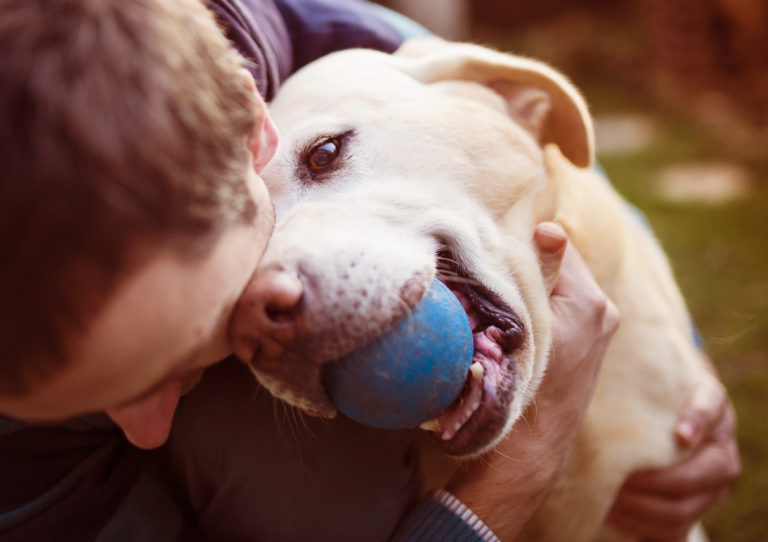
Understanding your dog’s personality will help you avoid unnecessary confrontations during training sessions or while socializing with him. Just like humans, some dogs are not comfortable doing certain things, and that’s okay. It would be wrong and unfair to force them. Understanding why your dog behaves the way he does will help you build a strong bond that will last a lifetime. You are both here for a good time and a long time.
Related: Are Some Dog Breeds Just Aggressive?

